5 Ways Over-The-Counter Drugs Are Misused

By:
The abuse of prescription drugs has become a subject of national attention in recent years, due in part to the apparent link between painkiller addiction and the heroin crisis in the U.S. But it's not just drugs prescribed by doctors that pose public health concerns: Over-the-counter medications are easier to access and are commonly misused, with potentially disastrous consequences.
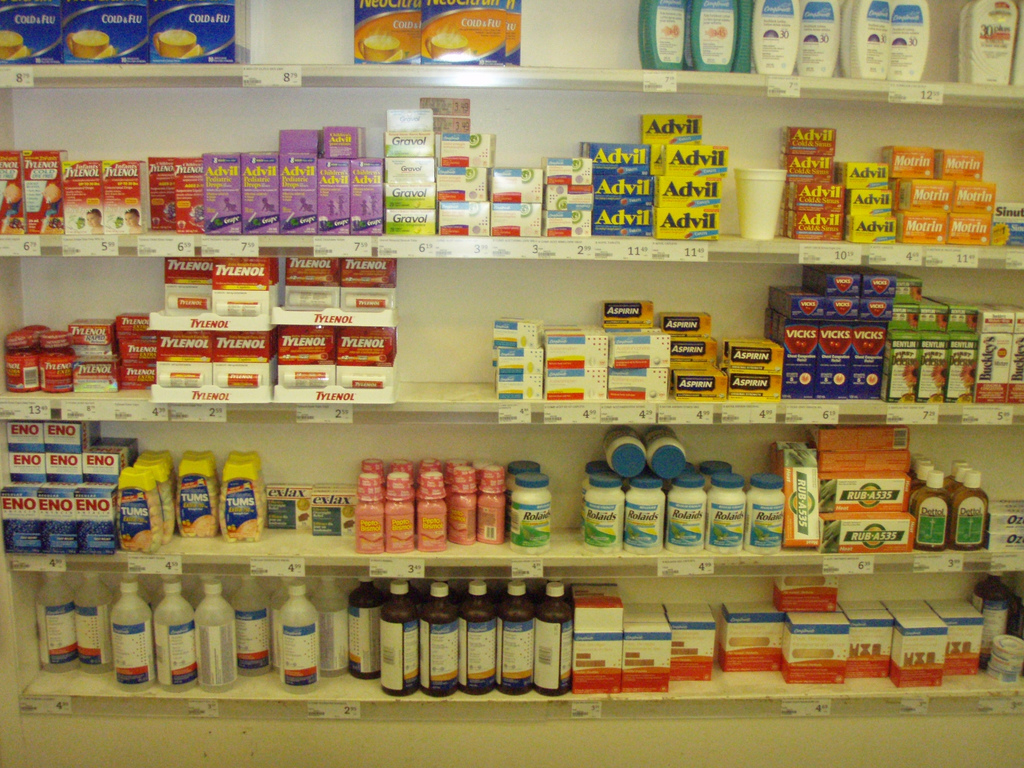 Flickr/Anthony Easton - flickr.com
Flickr/Anthony Easton - flickr.com
There are laws designed to limit the abuse of over-the-counter drugs such as Benadryl (antihistamines) and Robitussin (cough suppressants). But these drugs can be found in medicine cabinets in most American households and are readily available to young people in search of a quick high. And even if they're not used recreationally, such drugs are frequently used for unintended purposes.
Here are five ways that over-the-counter drugs are misused.
1. As sleep aids
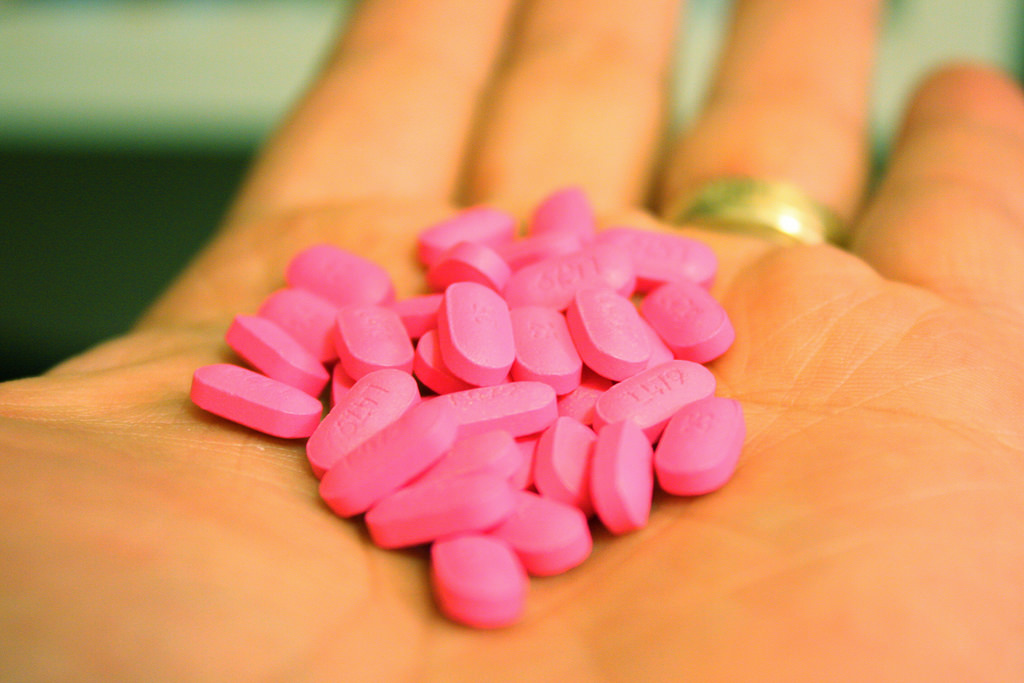 Flickr/John Nakamura Remy - flickr.com
Flickr/John Nakamura Remy - flickr.com
You can purchase non-habit forming, over-the-counter sleep aids at most pharmacies, but people often misuse antihistamines (such as Benadryl), nighttime pain relievers (such as Tylenol PM), and nighttime cold medicines (such as NyQuil) to help them fall asleep fast.
If you're in pain, sick, or suffering from allergies, these medications are effective because they contain diphenhydramine, an antihistamine that induces drowsiness. But you're better off using over-the-counter sleep aids: If misused, Tylenol PM and NyQuil can damage your liver.
2. As stimulants
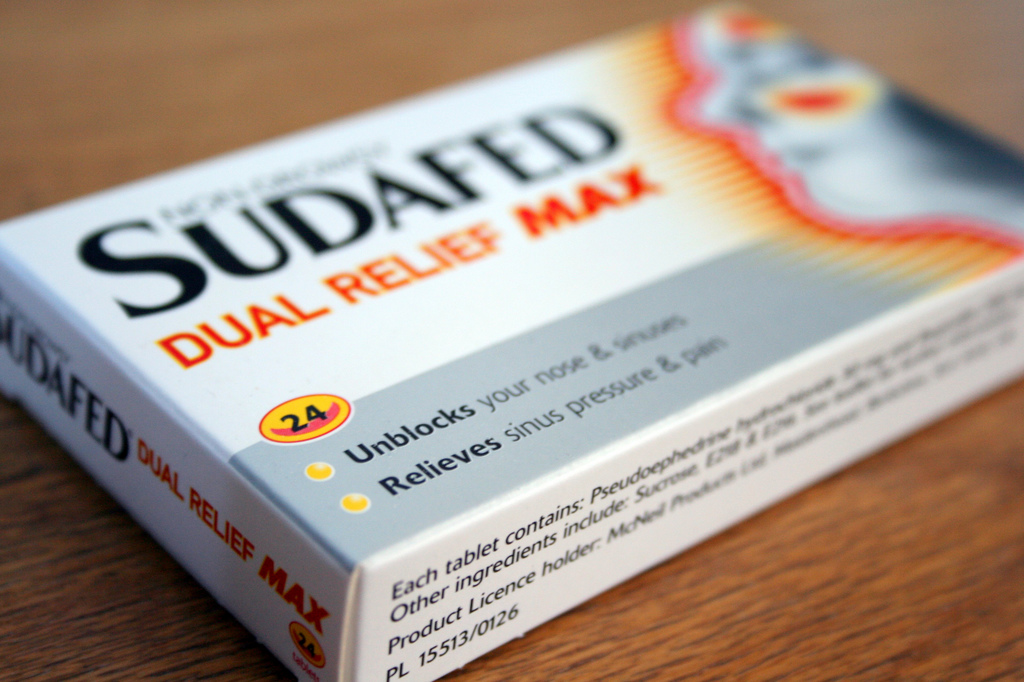 Flickr/Pete - flickr.com
Flickr/Pete - flickr.com
There are over-the-counter caffeine pills meant to make you feel more alert and focused, but taken in excess, these drugs can have serious health consequences, such as dehydration, gastric reflux, and heart irregularities.
People use painkillers that contain caffeine, as well as the nasal decongestant pseudoephedrine, as stimulants. But misusing painkillers can hurt your liver, and pseudoephedrine — which is available without a prescription, but kept behind the pharmacy counter because it's frequently used to make meth — can cause heart palpitations, irregular heartbeats, and heart attacks.
3. To get high
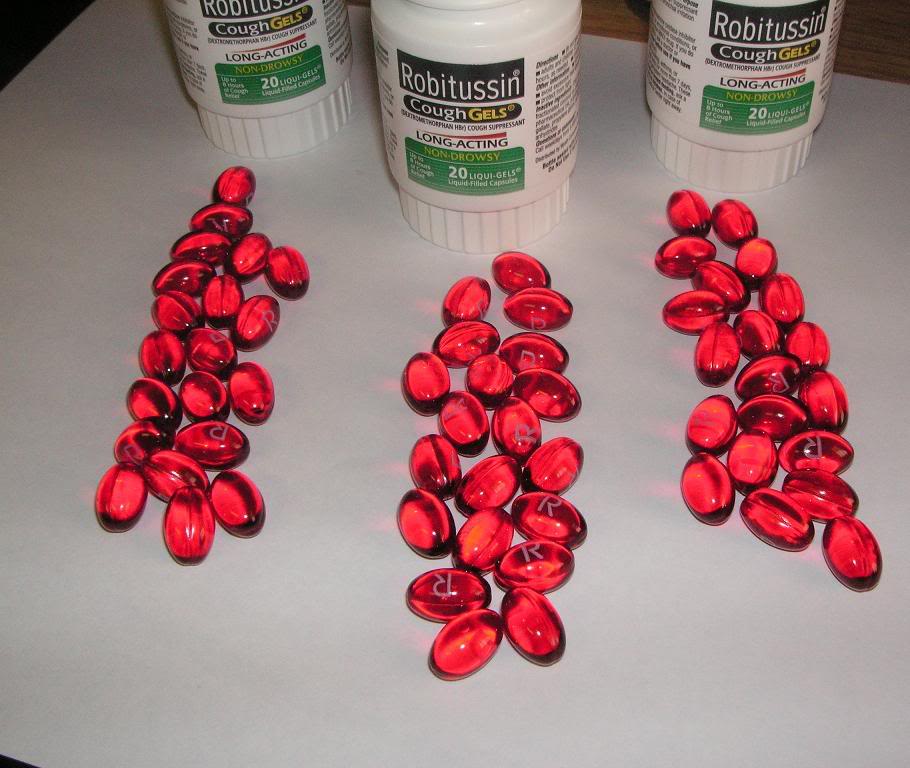 Wikimedia - wikimedia.org
Wikimedia - wikimedia.org
Some cough medicines contain codeine, a sleep-inducing painkiller, which is often abused and is no longer available without a prescription. But adults can still buy cold and cough medicines containing dextromethorphan over the counter.
One such cough syrup, Robitussin, is notoriously consumed in excess for recreational purposes. It's spawned a trend called "robo tripping," which involves hallucinations and can be life-threatening.
4. To lose weight
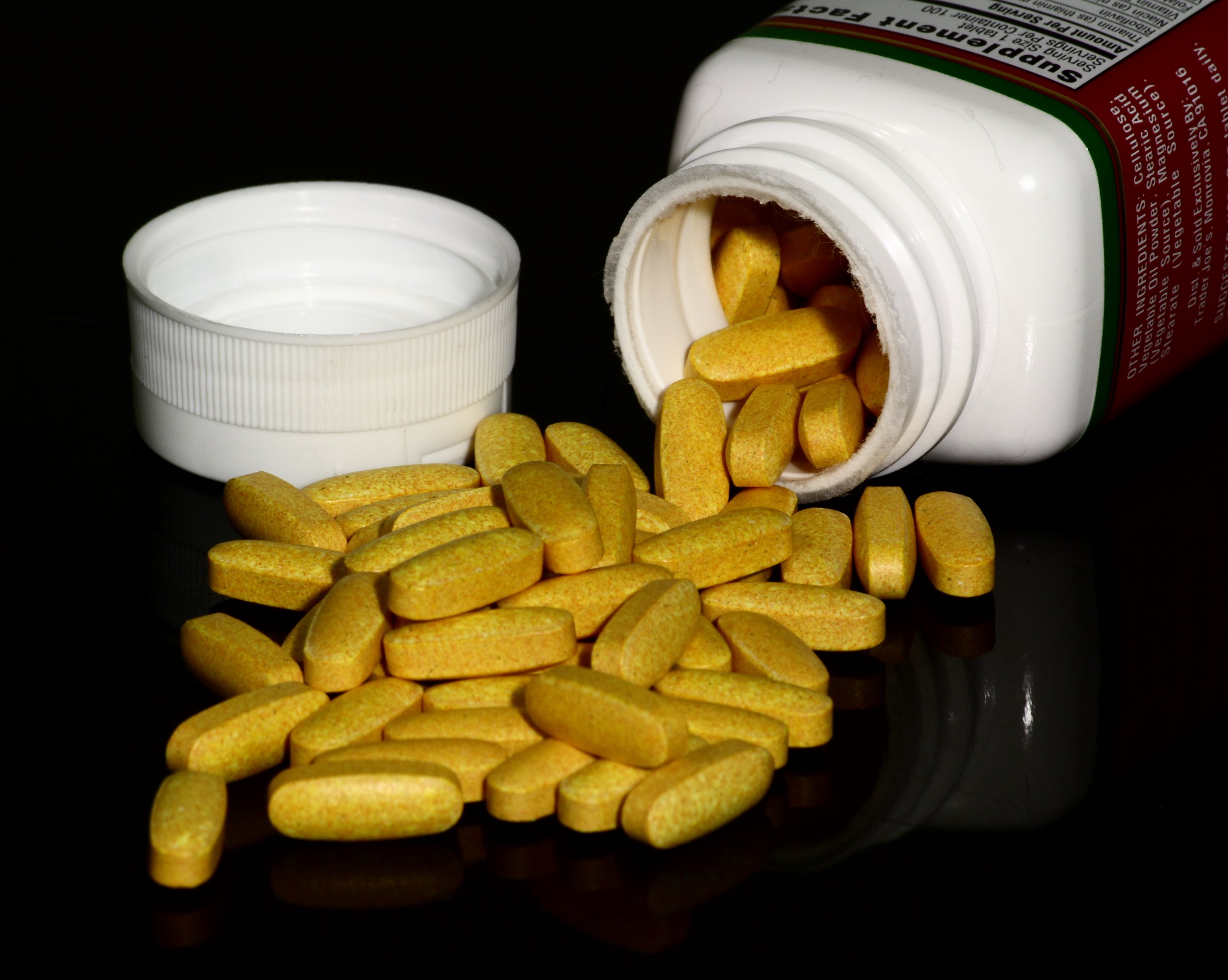 Wikimedia - wikimedia.org
Wikimedia - wikimedia.org
Over-the-counter diet pills are marketed as weight-loss supplements, but users can also become physically dependent on them and misuse them to the point that they contribute to eating disorders, Philly.com reported.
Laxatives and herbal diuretics — such as uva-ursi, golden seal, and dandelion root — are also sometimes misused as alternative weight loss supplements. They can cause dehydration and the loss of important bodily nutrients.
5. To treat severe pain
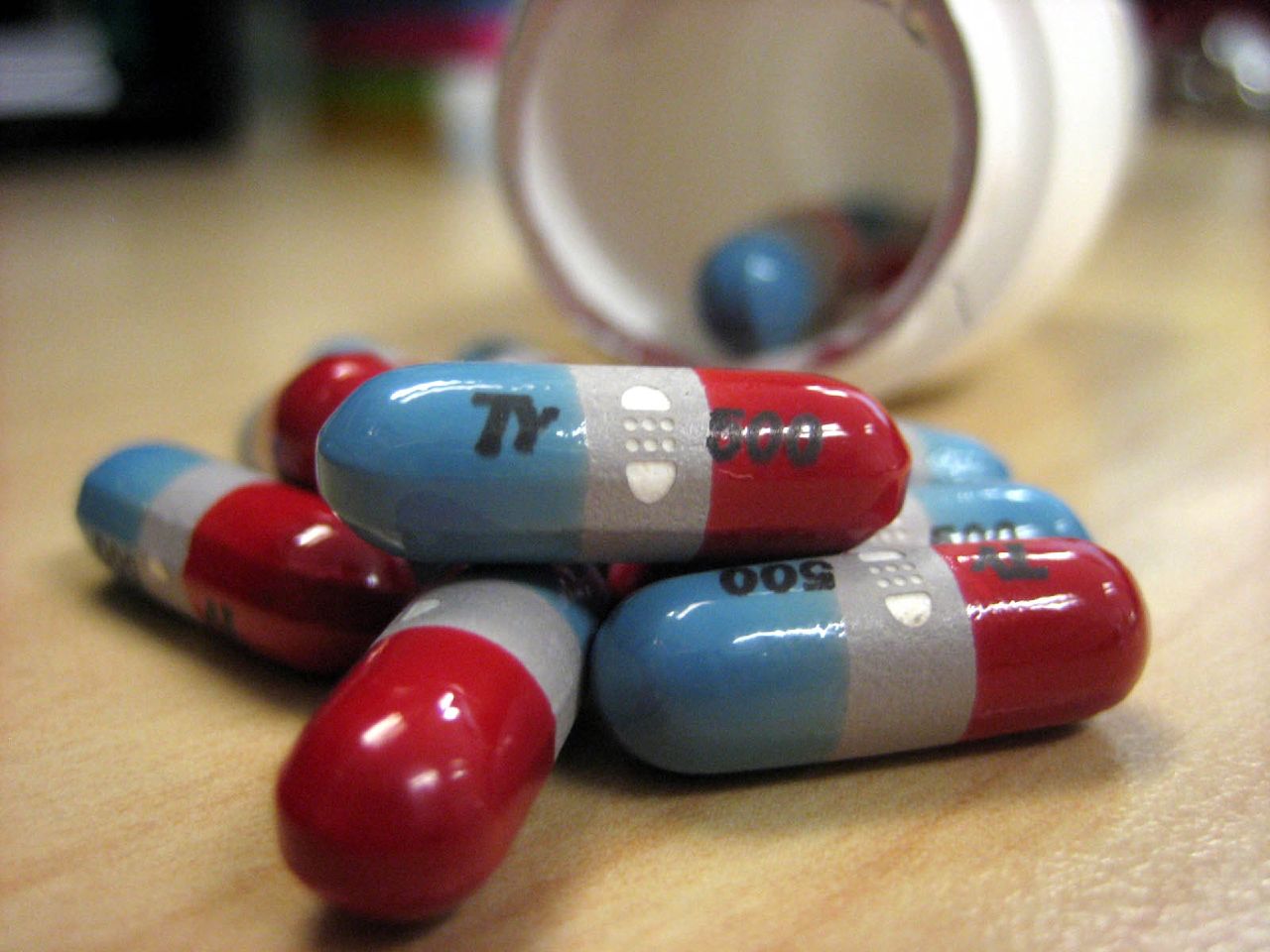 Wikimedia - wikimedia.org
Wikimedia - wikimedia.org
Over-the-counter pain relievers come in many forms. Tylenol, Advil, Aleve, Excedrin, and generic derivatives of these non-prescription drugs are helpful if you're suffering from acute pain (e.g. headaches, cramping, back and muscle pain).
But overreliance on such medications can lead to liver damage, ulcers, and other health complications. A common misconception about over-the-counter painkillers is that taking more will expedite relief; that's not true, and in most cases, taking more than the recommended amount does more harm than good.
